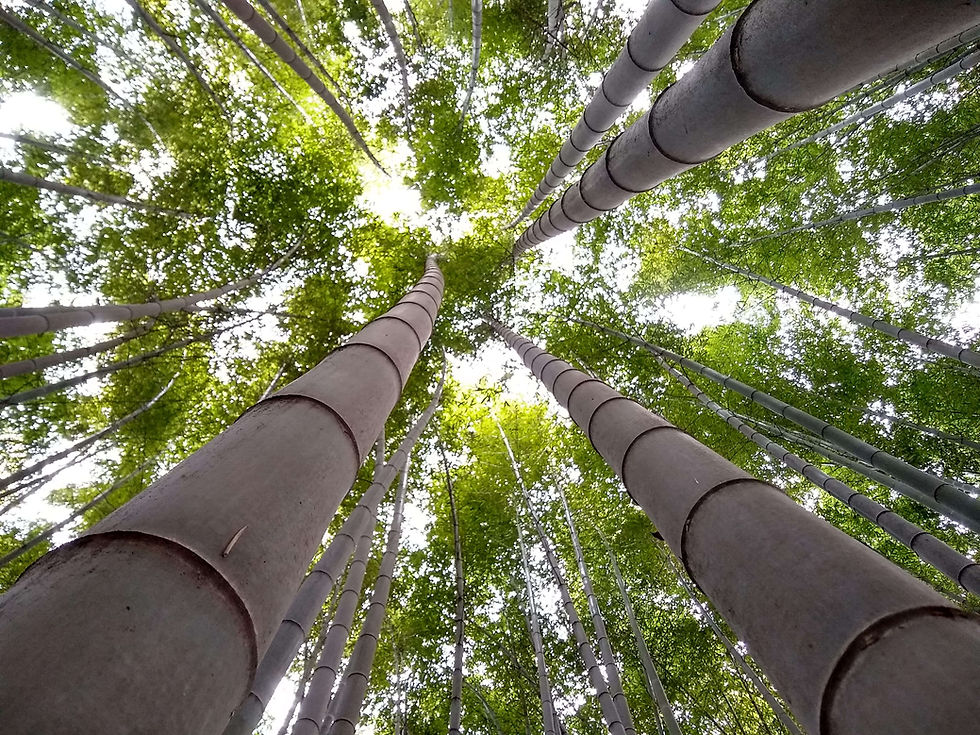International Report on Invasive Species Sees ‘Major Global Threat’
- Feb 22, 2024
- 2 min read
The Intergovernmental Platform on Biodiversity and Ecosystem Services (IPBES)*, founded in Panama in 2012 by the governments of 94 nations, has issued a report estimating that some 37,000 invasive alien species have been introduced worldwide, typically via human activity. The September 2023 report by the independent, 143-member state IPBES [the United Nations Environment Programme (UNEP) provides secretariat services to IPBES] calls invasive alien species a “major global threat” to the natural world and to human food security, economic development, and health. According to the IPBES’ Assessment Report on Invasive Alien Species and their Control:

Invasive alien species are one of the five major drivers of biodiversity loss.
More than 3,500 of the 37,000 invasive alien species are “harmful” or “threatening to nature, nature’s contribution to people and good quality of life.”
In 2019 alone, the global cost of invasive alien species exceeded $423 billion; costs have quadrupled each decade since 1970.
To date, 1,061 alien plants are known to be invasive worldwide, as are 1,852 alien invertebrates (22%), 461 alien vertebrates (14%), and 141 alien microbes (11%).
Prof. Anibal Pauchard of Chile, co-chair of the assessment, said that around 218 invasive alien species have been responsible for over 1,200 local extinctions, and 85% of the impacts of alien invasions on native species are negative.
About 80% of the documented impacts of invasions on nature’s contributions to people are negative, with the report citing the impact of the European shore crab on commercial shellfish beds in New England as an example.
In addition, an estimated 85% of documented impacts (3,208) negatively affect human quality of life, such as the health impacts of malaria, Zika, and West Nile Fever spread by invasive mosquito populations. (The remaining 15% or 575 had positive impacts.)
The “world’s most widespread” invasive alien species is the water hyacinth. In Uganda’s Lake Victoria, for instance, the invasive weed has clogged shorelines; blocked access to fishing areas and reduced catches; interrupted electricity from hydropower plants; and encouraged mosquito populations.
Sources:
*The Intergovernmental Platform on Biodiversity and Ecosystem Services (IPBES) is an independent intergovernmental body established by states to strengthen the science-policy interface for biodiversity and ecosystem services for the conservation and sustainable use of biodiversity, long-term human well-being and sustainable development. It was established in Panama City, on April 21, 2012, by 94 Governments. It is not a United Nations body. However, at the request of the IPBES Plenary and with the authorization of the UNEP Governing Council in 2013, the United Nations Environment Programme (UNEP) provides secretariat services to IPBES.







Comments